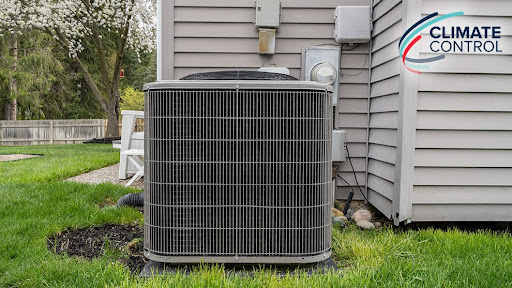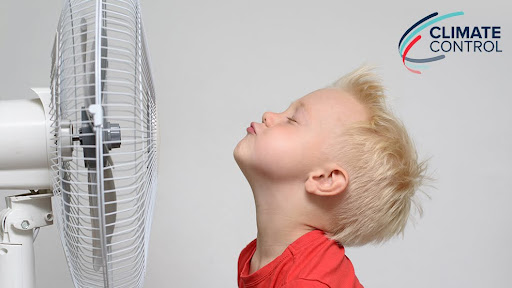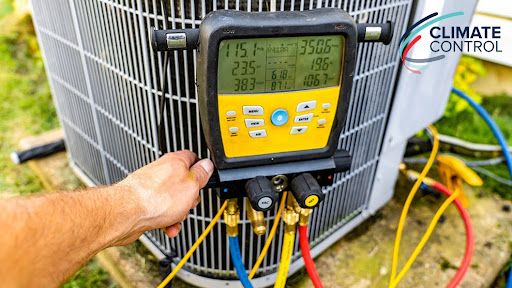Almost every year, you hear a news report of a house exploding due to a gas leak. Few things could be scarier, though thankfully, this is an exceedingly rare occurrence. However, it’s still prudent to be aware of a potential hazard, especially if you operate a gas furnace in your home. That includes knowing how to recognize a gas leak and what steps you can take to prevent it from happening.
Signs of a gas leak: Rely on your senses to detect a gas leak. Although natural gas is odorless in nature, utility companies add mercaptan to natural gas that’s piped into residential and business customers. This gives off that tell-tale smell of rotten eggs. In addition, you might see dust blowing around the gas line connection. This could be a sign of a leak. Another sign of a leak is if you hear a hissing sound near the gas line connection.
What to do if you suspect a gas Leak: If you think you might have a gas leak in your home, get everyone (including pets) out of the house immediately. Of course, don’t light a cigarette or turn on a gas burner. In addition, leave the light switches where they are. Even a little static electricity could spark an explosion. When everyone’s out of the house, call the gas company from a neighbor’s home or your car to report the suspected leak. Don’t return home until they give you the “all clear.”
Preventing gas leaks: One of the easiest and most effective ways to prevent leaks in your furnace and other gas-burning appliances is to always have them installed by a licensed HVAC professional. Have your heating system inspected annually, ideally in the fall before you crank up the heat for the winter season.
If you’re interested in having your heating system inspected, contact us at Climate Control Company to set up an appointment. We’ve been helping western Colorado homeowners with their heating and cooling needs since 1956.
Our goal is to help educate our customers in Aspen, Vail and the surrounding Western slope communities in Colorado about energy and home comfort issues (specific to HVAC systems). For more information about gas leaks and other HVAC topics, please visit our website.
Image courtesy of Shutterstock






